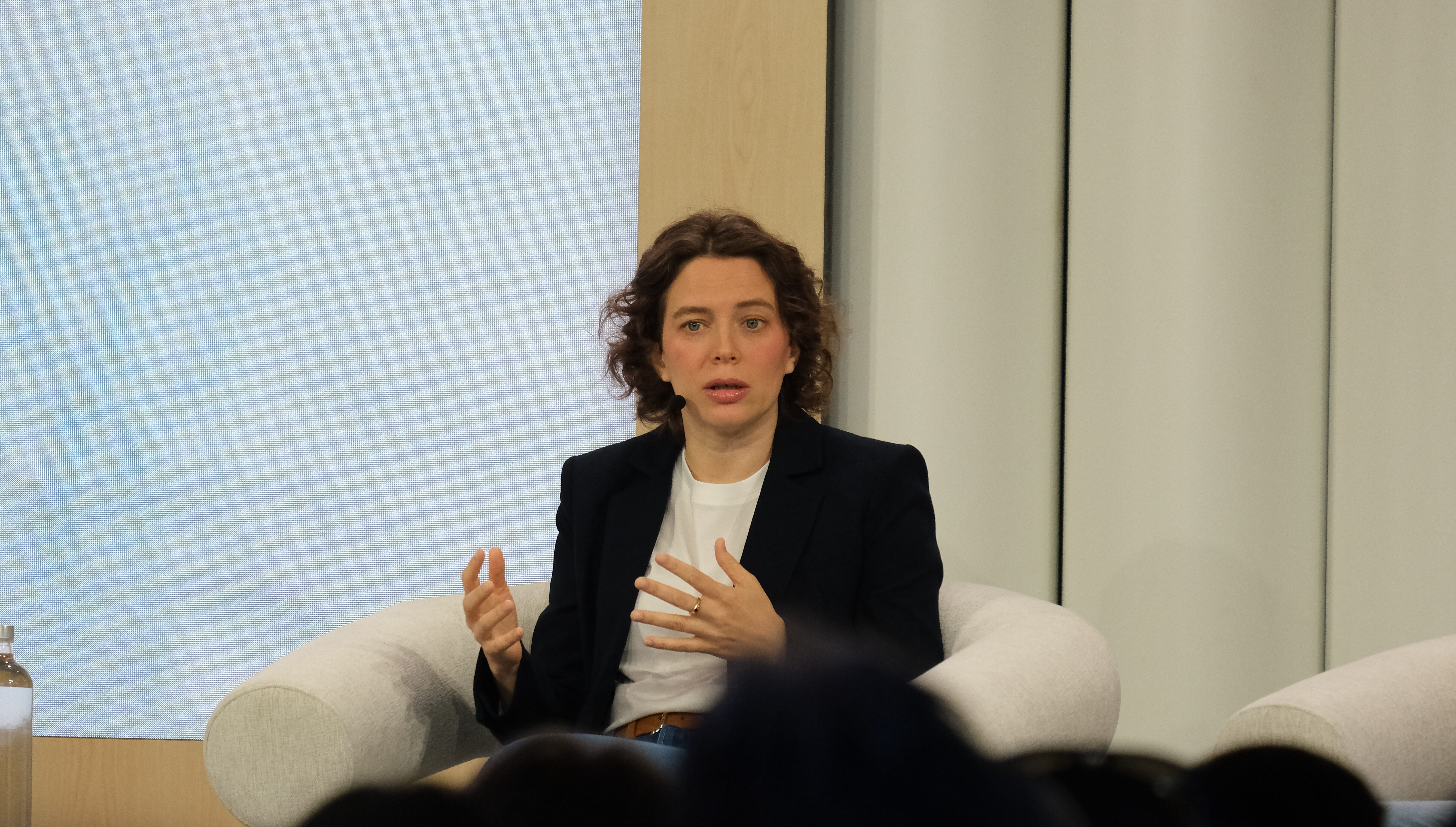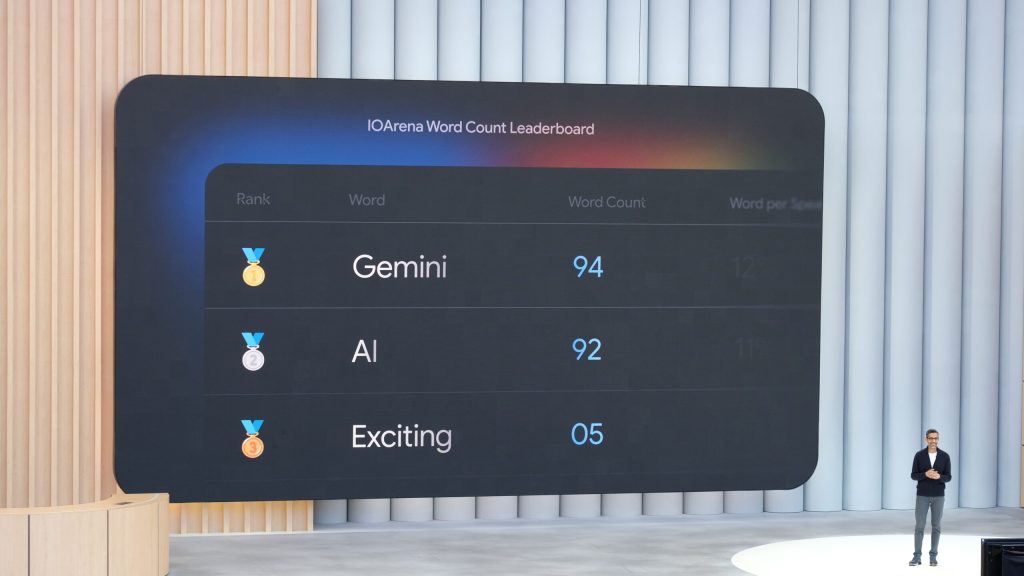AI Mode as Google’s next frontier
Google is the world’s largest advertising entity, but search is what fuels the company. Quarter after quarter, Google crows about increasing search volume—it’s the most important internal metric for the company. Google has made plenty of changes to its search engine results pages (SERPs) over the years, but AI mode throws that all out. It doesn’t have traditional search results no matter how far you scroll.
To hear Google’s leadership tell it, AI Mode is an attempt to simplify finding information. According to Liz Reid, Google’s head of search, the next year in search is about going from information to intelligence. When you are searching for information on a complex issue, you probably have to look at a lot of web sources. It’s rare that you’ll find a single page that answers all your questions, and maybe you should be using AI for that stuff.

Google’s search head Liz Reid says the team’s search efforts are aimed at understanding the underlying task behind a query.
Credit:
Ryan Whitwam
The challenge for AI search is to simplify the process of finding information, essentially doing the leg work for you. When speaking about the move to AI search, DeepMind CTO Koray Kavukcuoglu says that search is the greatest product in the world, and if AI makes it easier to search for information, that’s a net positive.
Latency is important in search—people don’t like to wait for things to load, which is why Google has always emphasized the speed of its services. But AI can be slow. The key, says Reid, is to know when users will accept a longer wait. For example, AI Overviews is designed to spit out tokens faster because it’s part of the core search experience. AI Mode, however, has the luxury of taking more time to “think.” If you’re shopping for a new appliance, you might do a few hours of research. So an AI search experience that takes longer to come up with a comprehensive answer with tables, formatting, and background info might be a desirable experience because it still saves you time.

